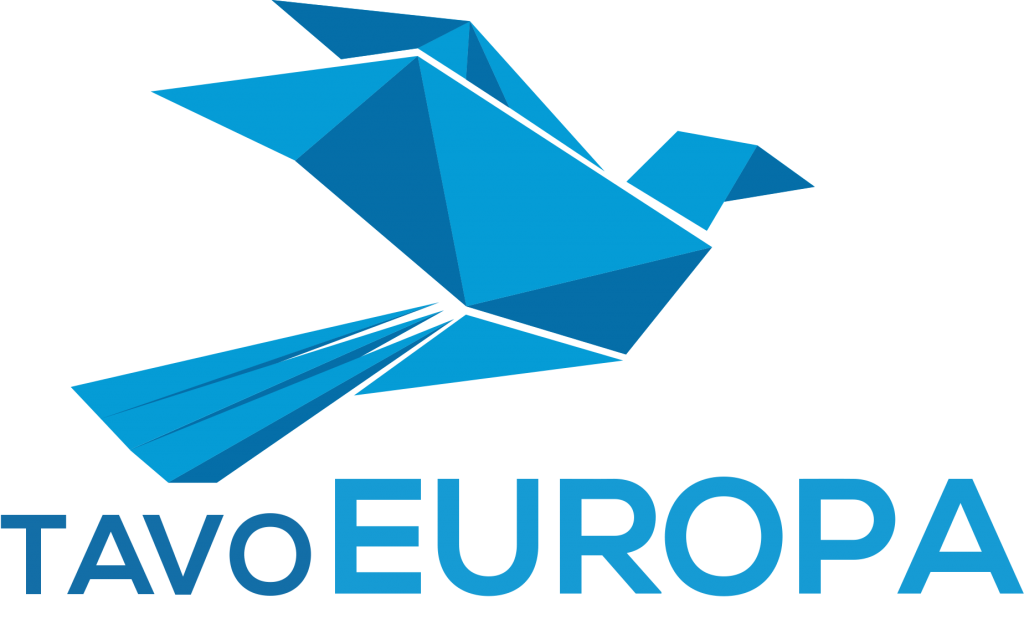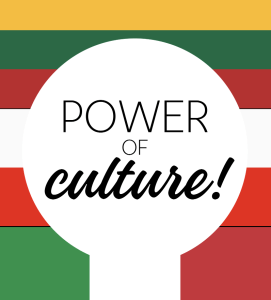Duration : 31/12/2023 – 30th December 2024
Project number: 2023-1-IT03-KA210-YOU-000113408
Industrialized civilizations’ production and consuming activities are based on a knowledge of quick and large-scale manufacturing and distribution. This idea demanded that natural resources be continually depleted and demanded wildly at times. Furthermore, the consequences of urbanization, fast population increase, and technical advances have been incorporated into production and consuming activities. As a result, nature has begun to fall short of human expectations, and the ecosystem has begun to destabilize. By the mid-twentieth century, the environmental devastation had reached a recognizable degree.
In terms of the 2030 agenda, the Sustainable Development Goals, also known as the Global Goals, attempt to combine economic growth, environmental balance, and social advancement, guaranteeing that all people have equal chances and may live better lives without jeopardizing the planet. Human activities have an indisputable impact on the climate in order to satisfy these demands. It is a proven reality that our activities have an impact on our world not just locally, but also globally.The shift from today’s society to a more ecologically friendly one is represented by sustainable development. With the globe facing a possible climatic catastrophe – water scarcity, drought, starvation, and extreme weather – the purpose of sustainable development is to assure a commitment and balance between economic growth, environmental preservation, and social well-being.
Contributing to sustainable development begins with raising awareness by calculating our personal carbon footprint. And young people are crucial in initiating change. They instill beliefs, habits, and conventions that extend beyond their life. They may learn and disseminate many approaches to prevent climate change, such as renewable energy, smart buildings, gardens, lighting systems, and water management.
They may teach to use our handprint (the positive impacts of our people and products) must be larger than our footprint (the negative impacts) to people in more creative ways.
So our project will be guided by the general objectives of the EU environmental policy as set out in the EU treaty (Article 191) and 2030 Sustainable Development Goals.
● General objectives of the project:
– promote the prudent and rational utilisation of natural resources,
– promote measures at international level to deal with regional or worldwide environmental problems, and in particular combating climate change.
● The specific objectives of the project:
– To sensitise the young people to the issue of environmental protection and to incorporate environmental consciousness in the socialization process of them
– To work for the protection and promotion of a healthy natural environment through various action programmes and to make young people environmentally aware through non-formal, experiential learning;
– Empowering youth workers to promote a culture of eco-sustainable use of the resources via new strategies and tools



